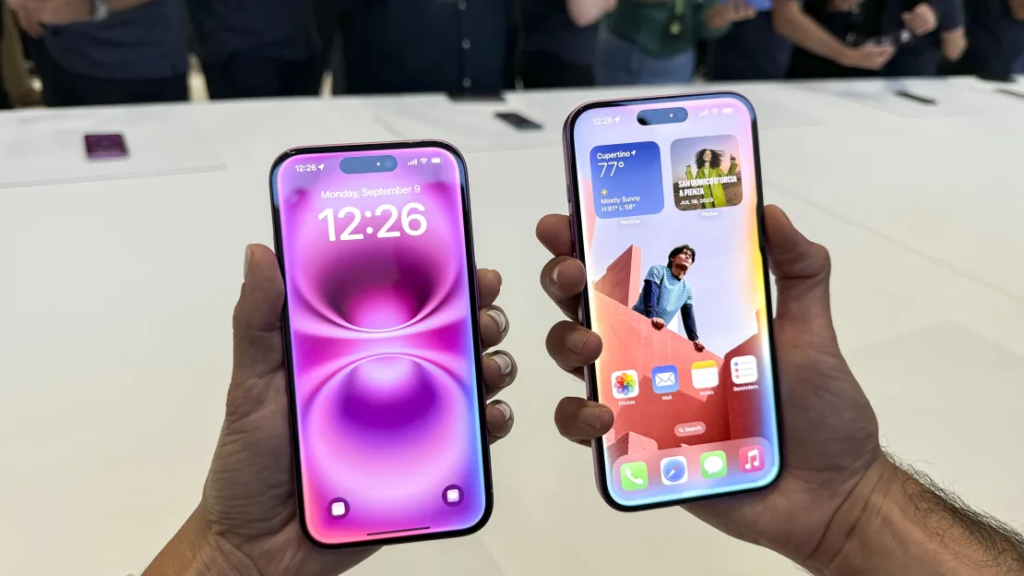
Apple’s iPhone 16 has been banned in Indonesia due to the company’s failure to meet local investment requirements. The Indonesian government requires foreign companies to invest a certain amount in the country and meet local content requirements before they can sell their products there.
In a significant move, Indonesia has banned the sale and usage of Apple’s latest iPhone 16 and Apple Watch Series 10 due to unmet local investment requirements. This decision follows Apple’s failure to fulfill its pledge to invest in the Indonesian tech industry, a commitment that’s essential for acquiring certification for legal sales in the country.
Apple initially committed to invest 1.71 trillion rupiah (around $109 million) towards local infrastructure and research. However, they’ve only managed to contribute 1.48 trillion rupiah (approximately $94 million), creating a shortfall that prevents them from meeting the required threshold to secure the TKDN certification. This certification mandates that at least 40% of a smartphone’s components be locally sourced or produced in Indonesia. Without this certification, Apple is unable to legally market or sell its iPhone 16 in the country.

Absence from Major Platforms
Following the government’s stance, the iPhone 16 is noticeably missing from popular e-commerce sites in Indonesia, such as Tokopedia, Blibli, and Lazada. It’s also absent from Apple’s official Indonesian website. Despite the lack of a formal government ban, the Industry Ministry’s comments reflect a clear position against unauthorized sales, warning consumers that any iPhone 16 sold in Indonesia without proper certification is illegal.
Indonesia’s Industry Minister, Agus Gumiwang Kartasasmita, has urged the public to report any illegal sales of the iPhone 16 and Apple Watch Series 10. The government hopes to enforce local regulations to encourage foreign companies to meet domestic standards and actively contribute to the economy.

Impact on Consumers and Apple
The ban limits access for consumers in Indonesia, where only around 9,000 units of the iPhone 16 are currently available, primarily brought in for personal use and not for resale. Apple’s situation highlights the regulatory challenges faced by global tech companies in navigating local investment laws. While Apple has established developer academies in the region, it has yet to set up manufacturing facilities, a step competitors like Samsung have already taken to align with local content requirements.
With a population of over 270 million and a fast-growing tech user base, Indonesia represents a valuable market for smartphone makers. Apple’s investment challenges underline the broader pressures tech giants face in complying with local regulations as they expand into emerging markets.
Apple has not yet commented on the ban.

